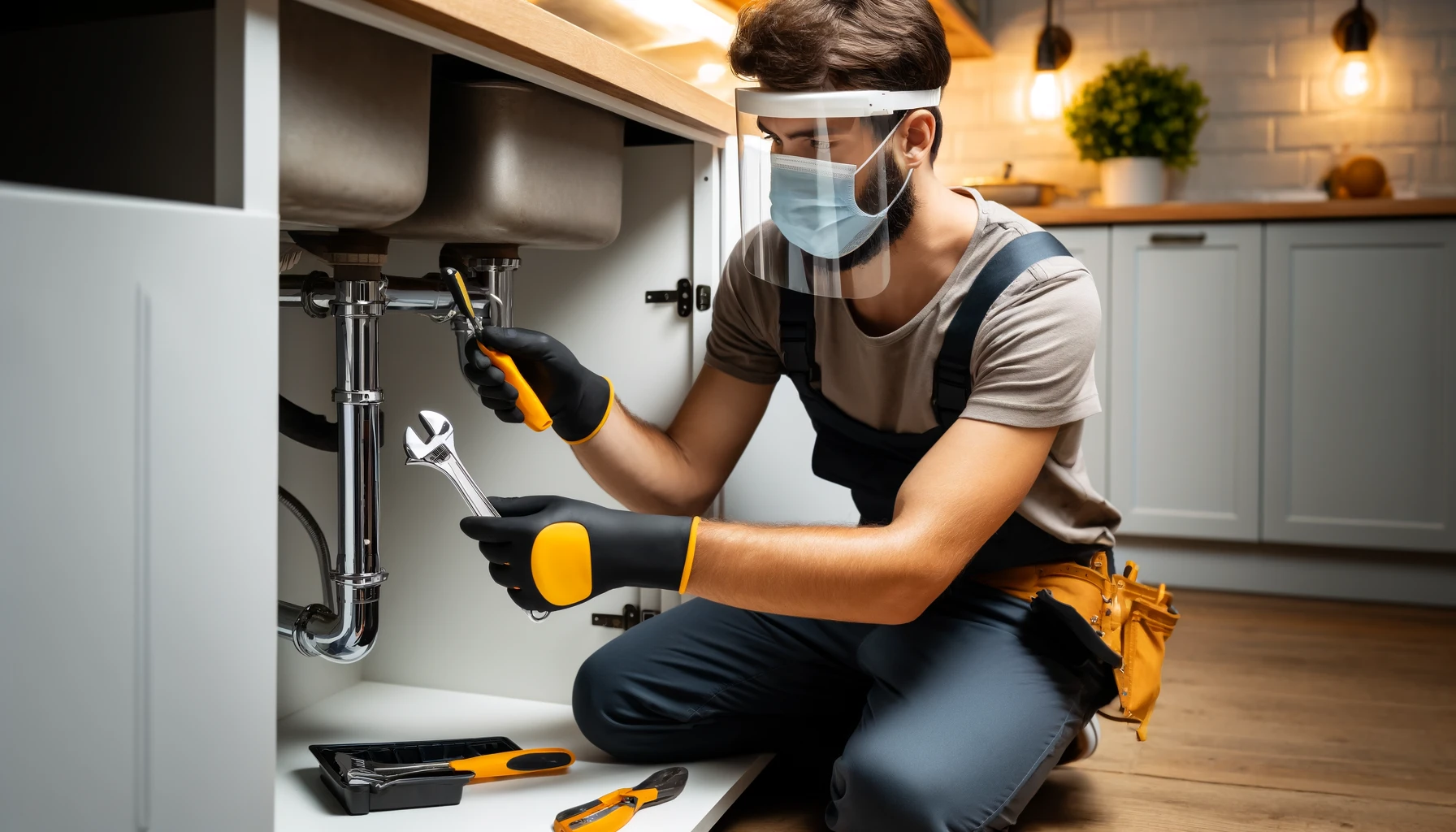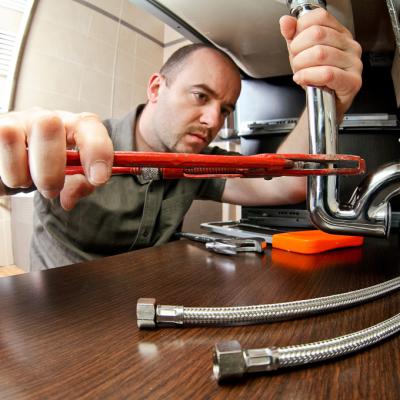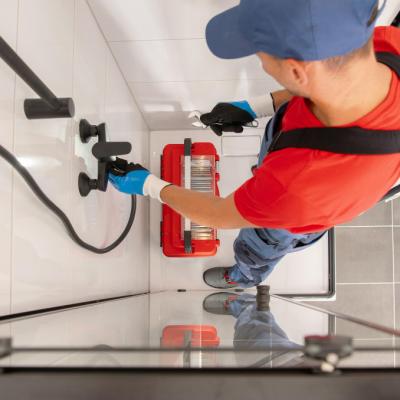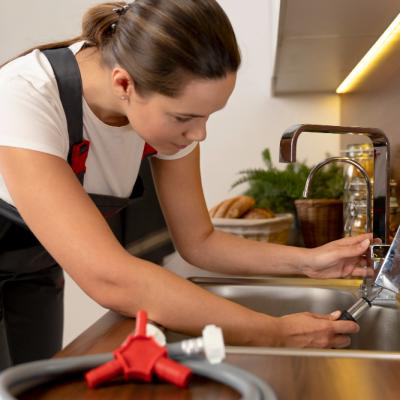The COVID-19 pandemic has had a profound impact on virtually every industry, and plumbing is no exception.
The pandemic has brought about significant changes in how plumbing services are delivered and has highlighted the essential role of plumbers in maintaining public health and safety. This article explores the various ways COVID-19 has affected the plumbing industry, the challenges faced, and the adaptations made by plumbing professionals.
Increased Demand for Plumbing Services
During the pandemic, the increased time spent at home has led to a higher demand for plumbing services. With more people working remotely and adhering to stay-at-home orders, residential plumbing systems have been under greater strain. This has resulted in a surge in requests for repairs, maintenance, and upgrades.
-
Emergency Repairs: Plumbing emergencies, such as leaks, clogged drains, and malfunctioning water heaters, became more frequent as households experienced higher usage. Plumbers were called upon to address these issues promptly to prevent water damage and ensure the continued functionality of essential services.
-
Maintenance and Upgrades: Homeowners took advantage of their time at home to address long-standing plumbing issues and undertake upgrades. This included installing new fixtures, upgrading to more efficient systems, and improving overall plumbing infrastructure.
Adapting to Safety Protocols
The pandemic necessitated the implementation of strict safety protocols to protect both plumbers and customers. Plumbers had to quickly adapt to new guidelines and practices to continue providing services safely.
-
Personal Protective Equipment (PPE): Plumbers began using PPE, including masks, gloves, and face shields, to reduce the risk of virus transmission. This became standard practice for all service calls.
-
Social Distancing: Maintaining social distancing while performing plumbing work was challenging but necessary. Plumbers coordinated with customers to ensure minimal contact and maintained a safe distance whenever possible.
-
Sanitization: Regular sanitization of tools, equipment, and work areas became a priority. Plumbers also followed strict hand hygiene practices and used sanitizers to ensure a clean and safe environment.
-
Contactless Services: To minimize physical interactions, plumbers adopted contactless service protocols. This included virtual consultations, electronic invoicing, and online payments. These measures helped reduce the risk of virus exposure while maintaining efficient service delivery.
Supply Chain Disruptions
The pandemic disrupted global supply chains, affecting the availability of plumbing materials and equipment. Plumbers faced challenges in sourcing essential items, leading to delays in project completion and increased costs.
-
Material Shortages: Shortages of key materials, such as pipes, fittings, and fixtures, were common due to factory closures and transportation delays. Plumbers had to navigate these shortages by finding alternative suppliers and managing inventory more effectively.
-
Price Increases: The scarcity of materials led to price increases, impacting project budgets and customer costs. Plumbers needed to communicate these changes to customers and find cost-effective solutions without compromising quality.
Financial Challenges
The economic impact of the pandemic affected both plumbing businesses and their customers. Financial constraints led to a decrease in discretionary spending, affecting non-essential plumbing projects.
-
Reduced Income: Many plumbing businesses experienced a decline in revenue due to the economic downturn. This was particularly challenging for smaller businesses and independent plumbers.
-
Customer Hesitation: Financial uncertainty made some customers hesitant to undertake major plumbing projects. Plumbers had to find ways to reassure customers and offer flexible payment options to accommodate their financial situations.
Innovations and Adaptations
Despite the challenges, the plumbing industry demonstrated resilience and innovation in response to the pandemic. Plumbers adapted their services and embraced new technologies to meet changing demands.
-
Virtual Consultations: Virtual consultations became a popular alternative to in-person visits. Plumbers used video calls and digital tools to assess plumbing issues, provide estimates, and guide customers through minor repairs.
-
Remote Diagnostics: Remote diagnostic tools allowed plumbers to troubleshoot and diagnose problems without being physically present. This technology enabled efficient problem-solving and reduced the need for on-site visits.
-
Enhanced Customer Communication: Plumbers improved communication with customers through digital channels, including email, social media, and messaging apps. This ensured clear and timely updates on project status and safety protocols.
Looking Ahead
The long-term effects of the pandemic on the plumbing industry are still unfolding. However, several trends are likely to continue shaping the industry in the post-pandemic era.
-
Emphasis on Health and Safety: The focus on health and safety measures will remain a priority. Plumbers will continue to use PPE, follow sanitization protocols, and adopt contactless service options.
-
Adoption of Technology: The integration of technology in plumbing services will accelerate. Virtual consultations, remote diagnostics, and smart plumbing systems will become standard practices.
-
Sustainability: The pandemic has heightened awareness of sustainability. Plumbers will increasingly promote eco-friendly solutions and water-efficient technologies to address environmental concerns.
-
Resilience and Adaptability: The plumbing industry has demonstrated resilience and adaptability in the face of unprecedented challenges. Plumbers will continue to innovate and find new ways to deliver essential services effectively.
Conclusion
The COVID-19 pandemic has significantly impacted the plumbing industry, bringing both challenges and opportunities. Plumbers have adapted to new safety protocols, navigated supply chain disruptions, and embraced technological innovations to continue providing essential services. As the industry moves forward, the lessons learned during the pandemic will shape the future of plumbing, emphasizing health, safety, and sustainability. By staying resilient and adaptable, plumbers can meet the evolving needs of their customers and contribute to a more sustainable and secure future.












